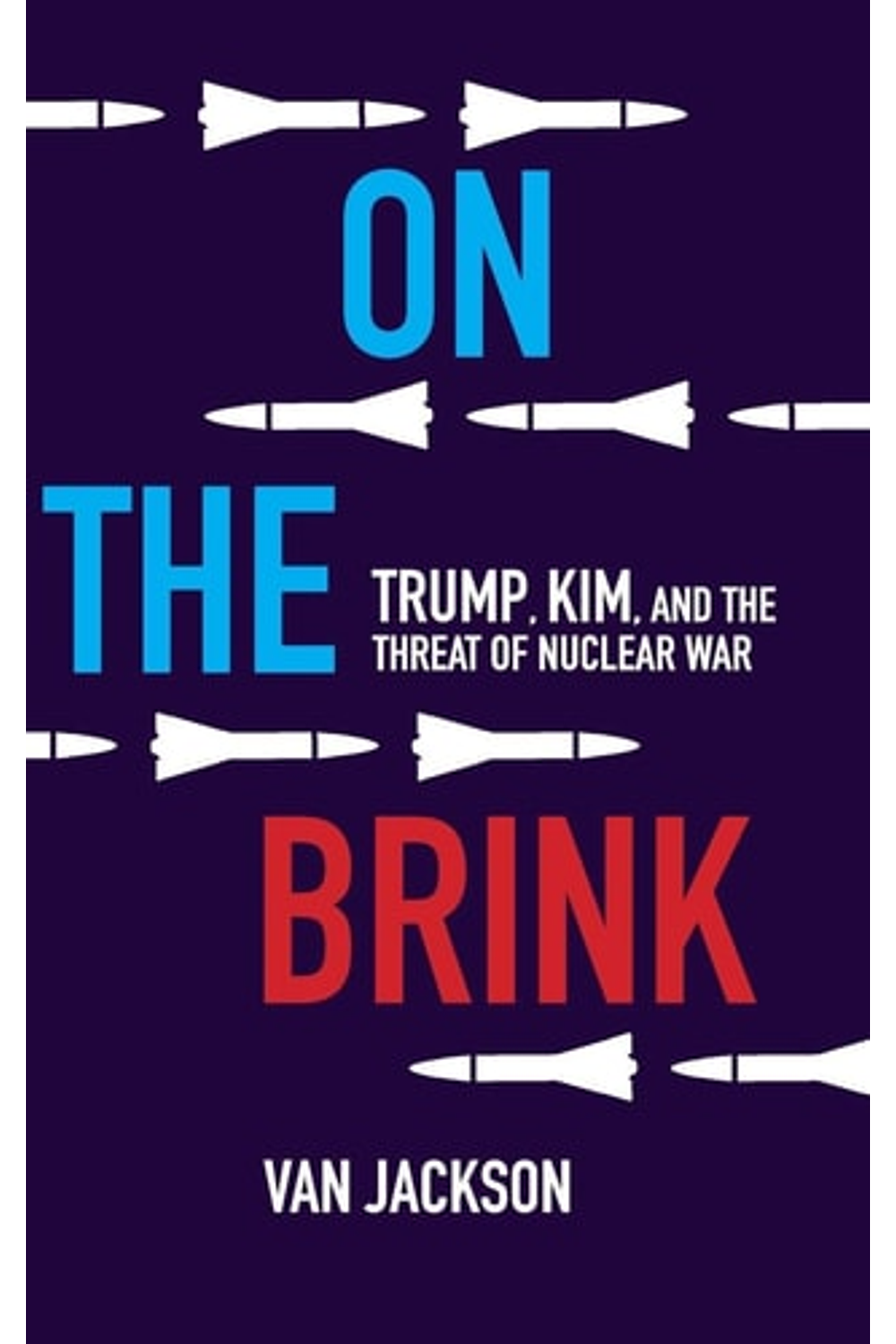Van Jackson’s “On the Brink: Trump, Kim, and the Threat of Nuclear War” offers a critical examination of the volatile period of escalating tensions between the United States and North Korea. Analyzing the high-stakes diplomacy (and brinkmanship) of the Trump administration, Jackson, a former Pentagon strategist, dives deep into the personalities and policies that brought the world to the edge of nuclear conflict. He moves beyond surface-level narratives to explore the deeper roots of the crisis, including the failures of past administrations, the complexities of North Korean strategic culture, and the destabilizing impact of personal attacks between leaders. This isn’t just a recounting of events; it’s a meticulously researched analysis revealing the dangers of maximum pressure tactics and outlining a path toward preventing future nuclear crises through diplomacy and a realistic understanding of North Korea’s motivations. Published by Cambridge University Press, this essential read provides crucial insights for anyone seeking to understand the continuing threat of nuclear proliferation and the importance of strategic foreign policy.
On the Brink: Trump, Kim, and the Threat of Nuclear War
21,88 $
In stock
In 2017, the world watched as President Donald Trump and North Korean leader Kim Jong Un traded personal insults and escalating threats of nuclear war amid unprecedented shows of military force. Former Pentagon insider and Korean security expert Van Jackson traces the origins of the first American nuclear crisis in the post-Cold War era, and explains the fragile, highly unpredictable way that it ended. Jackson analyzes the US response to North Korea’s increasing nuclear threat in the context of Trump’s aggressive rhetoric, prior US policy failures, the geopolitics of East Asia, North Korean strategic culture and the acceleration of its nuclear program. Jackson argues that the Trump administration’s policy of ‘maximum pressure’ brought the world much closer to inadvertent nuclear war than many realize – and charts a course for the prevention of future conflicts.
| Authors | |
|---|---|
| Binding | |
| Condition | |
| ISBN-10 | 1108473482 |
| ISBN-13 | 9781108473484 |
| Language | |
| Pages | 248 |
| Publisher | |
| Year published | |
| Weight | 490 |
Related products
- Additional information
- Currencies
- USD – United States dollar
- EUR – Euro
- GBP – Pound sterling
- CNY – Chinese yuan
- BRL – Brazilian real
- MXN – Mexican peso
- JPY – Japanese yen
- PHP – Philippine peso
- THB – Thai baht
- PLN – Polish złoty
- CAD – Canadian dollar
- MYR – Malaysian ringgit
- AUD – Australian dollar
- TWD – New Taiwan dollar
- CZK – Czech koruna
- SEK – Swedish krona
- HUF – Hungarian forint
- ILS – Israeli new shekel
- CHF – Swiss franc
- HKD – Hong Kong dollar
- DKK – Danish krone
- SGD – Singapore dollar
- NOK – Norwegian krone
- NZD – New Zealand dollar





